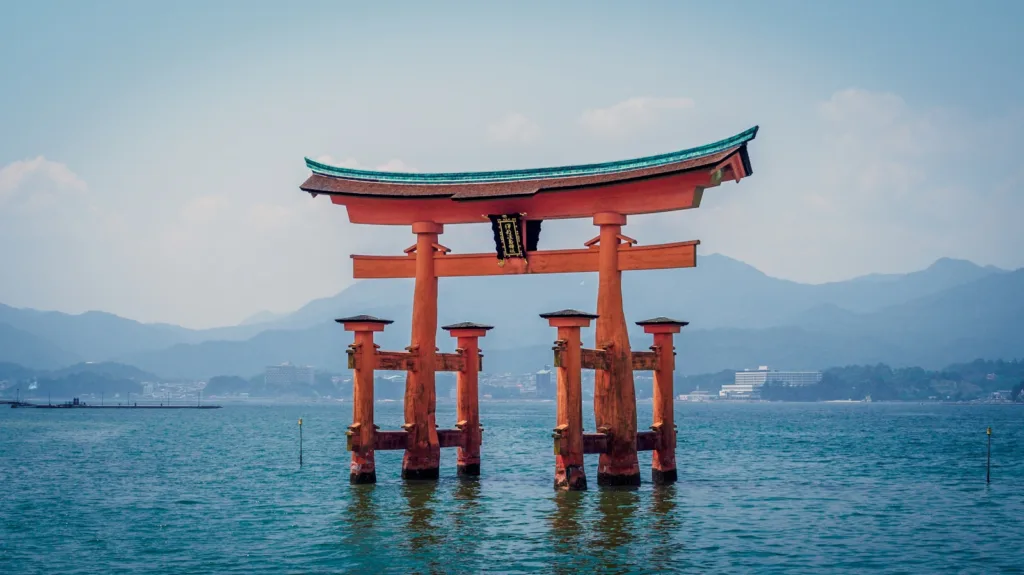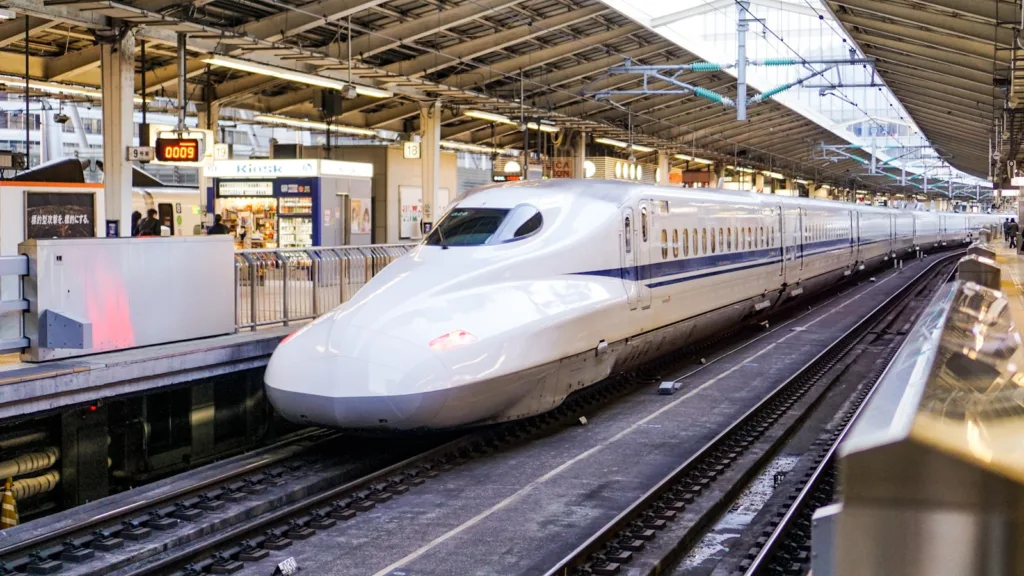
Japan has long been known for its distinct traditions and culture, so for tourists to the Land of the Rising Sun, visiting the country might be like diving into an intimidating ice bucket of cultural differences.
Japan is without a doubt one of the world’s most inventive and creative societies. Where else can you find trains that can reach 300 mph or restrooms that play music as you use them, after all? However, this hardly scratches the surface of Japan’s wonders. Japan is just so fascinating, with everything from food to cartoons to vending machine-catered fetishes.
We would like to add that being “weird” is not always a bad thing. On the other hand, one could legitimately wonder why the West is so different from Japan in terms of weirdness. However, the distinctive features of Japanese culture are what set the nation apart from other travel destinations for tourists.
Table of Contents
Weird Things in Japan
Ultra-Expensive, Square Watermelons
In Japan, watermelon is a favorite summertime fruit. In addition, they are gifted and used for “suikawari,” a game similar to piñata but involving watermelons. The interesting, peculiar, and extremely expensive part of watermelons comes with square varieties, though.
Originally made to fit more neatly in refrigerators and be easier to cut, square watermelons have evolved into expensive, decorative objects that may cost up to $160. Furthermore, Japanese farmers did not stop at square forms.
Other shapes are triangles and love hearts, which need years of practice to attain the proper shape and are cultivated in special holds or containers.
The World’s Most Inventive Toilets
It’s inevitable to spend some time in the bathroom, so why not make it comfortable? Japan is now known for its intricate “smart toilets,” and it has emerged as the global leader in advanced restroom innovation.
If you ignore the conventional squat toilets (yep, they require you to squat over an in-ground bowl), you’ll discover that Japanese restrooms are typically more ornate than those in any other sophisticated country.
One that automatically lifts its seat, warms the seat, emits a perfume, plays music, has an integrated bidet, or creates noise to muffle unpleasant noises is a regular discovery. It seems sense that Western visitors may occasionally find them a little perplexing.
Is It Curious Or Creepy? The Cafe Rent-A-Cuddle

In Tokyo, the first “cuddle cafes” debuted in 2012. They are known as Soine-ya, which translates to “sleep-together shop,” and they charge men to sleep next to women. Approximately $25 is required just for admission; Funny business is strictly prohibited.
Options range from a 20-minute nap to a full night’s sleep, or even longer. Prices range widely; The least expensive option is roughly $40, while the most expensive option is $400.
Human Soup? A Ramen Noodle Bath

Traditional bathhouses are a centuries-old tradition in Japan. You might assume it’s not a huge deal because it happens in other nations. However, the spa customs of Hakone have been given a distinctively Japanese makeover by the Yunessun Spa Resort.
Imagine this: soaking in a pot of ramen and pork soup. You could wonder why I would do it. Excellent query. People are aware of the benefits of collagen, which is present in our broth made with pork, and are increasingly interested in having beautiful skin these days. Everyone can enjoy themselves and benefit from the health benefits of ramen noodles in this bath, according to the spa’s proprietor.
Non-melting ice cream

Ice cream bars that don’t melt have been created by Japanese culinary scientists.
During their strawberry chemistry experiments, which were conducted to aid farmers impacted by the 2011 tsunami, these scientists unintentionally found a substance that solidifies cream almost quickly. This compound can withstand being dried on an air dryer for five minutes without melting into ice cream bars. And most of all, it won’t even register on your palate.
The Streets Have No Name
The majority of streets in Japan are nameless. Postal addresses are assigned using a convoluted and peculiar system that begins with the prefecture, which is akin to a state, and continues with the city or municipality, the district, the block (for addresses in urban areas), and finally the land number ( in rural areas).
With the exception of Kyoto and a few other cities in Hokkaido, most Japanese streets remain nameless. The areas between streets are given names, and certain house numbers are assigned numbers based on the year of construction.
Japan’s Hikikomori Hermits
There are always a small percentage of reclusive persons in every community, and these people are frequently those who are suffering from mental health conditions like agoraphobia or depression.
But over the past ten years, a new phenomenon known as the “Hikikomori” has emerged in Japan. This term refers to the over 500,000 Japanese people (80% of whom are men) who isolate themselves from all social connections, including friends, family, work, and hobbies, and spend most of their time on the internet, playing video games, or watching TV in their bedrooms.
Japan’s hermits known as hikikomori are remarkably youthful; These disillusioned teenagers and twentysomethings are commonly referred to as “the missing million.”
Train Delays Feature in National News

A Japanese railroad formally apologized in 2017 for sending a train off 20 seconds early. The concept of “deeply apologizing” for the “severe inconvenience” of a 20-second delay seems completely foreign to the majority of commuters worldwide, who endure far more significant disruptions without receiving even a token apology.
Japan has some of the world’s most punctual railways. The most-traveled high-speed train route in the world, the Tōkaidō Shinkansen, has an average delay of approximately 30 seconds. Trains are actually supposed to be so on time that the railway operator may issue official delay certificates, which serve as documentation for employers and appointments, if a train is delayed by five minutes.
you may also like : Unlocking Workplace Culture in Japan: 9 things to know about work culture.

2 thoughts on “8 Extremely Weird Things That Are Exclusive To Japan”